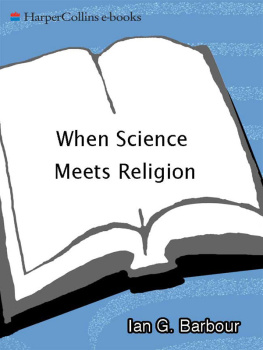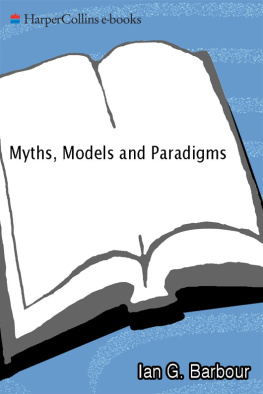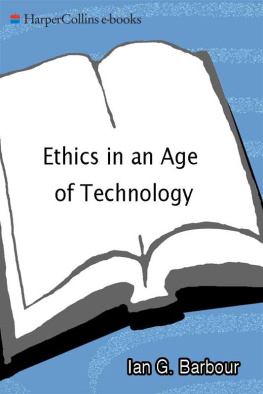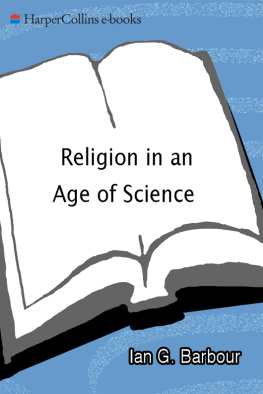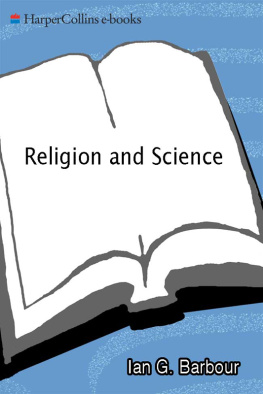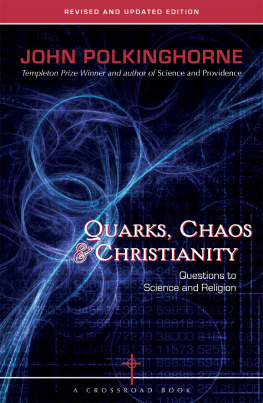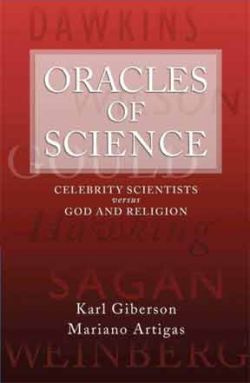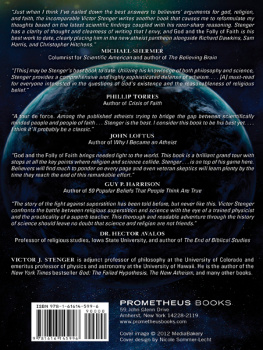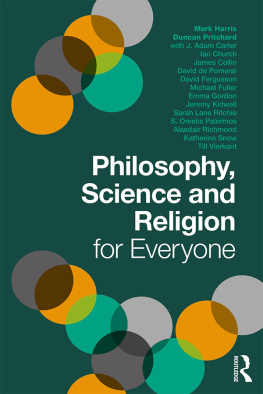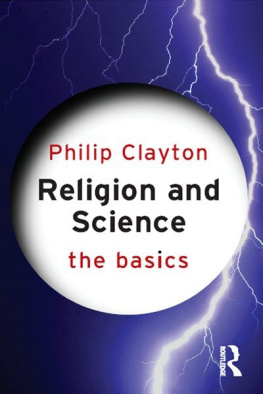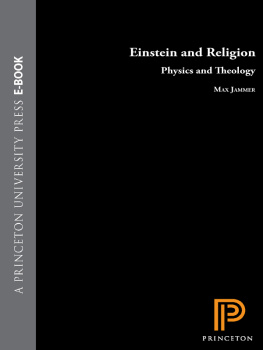Ian Barbour is the doyen of contemporary writers on science and theology. In this survey of his thinking he writes with his customary well-organized clarity.
John Polkinghorne, author of Belief in God in an Age of Science
Ian Barbour here distills a lifetime of thinking about how science and religion relate. In spanning the spectrum of the natural and the human sciences, he knows more about this than any other person on Earth, more, I suppose than any other in history. Couple this with his sure-footed capacity for balanced evaluationa particular focus distinguishing this from his earlier booksand the result is outstanding.
Holmes Rolston, III, author, Genes, Genesis and God ,
University Distinguished Professor, Colorado State University
At last we have a volume in religion and science by the pioneer of the field, Ian G. Barbour, which uses Barbours now classic fourfold typology to address fundamental issues of importance to us all. This book will be an invaluable resource to teachers, scholars, ministers, scientists and everyday inquirers who want to become part of the positive and creative interaction now growing rapidly and internationally between religion and science. Read this book and prepare for a wondrous experience!
Robert John Russell, Director of The Center
for Theology and the Natural Sciences, Berkeley
No surer and fairer guide to the proliferating literature on the relation of science and religion can be found than Ian Barbour. In this volume he has made accessible the fruits of his extensive and scholarly studies to those coming new to the field. They, and also those already involved in it, will welcome this elegantly organized and presented work.
Arthur Peacocke, Oxford University, author of
From DNA to Dean: Reflections & Explorations of a Priest-Scientist
W hen religion first met modern science in the seventeenth century, the encounter was a friendly one. Most of the founders of the scientific revolution were devout Christians who held that in their scientific work they were studying the handiwork of the Creator. By the eighteenth century many scientists believed in a God who had designed the universe, but they no longer believed in a personal God actively involved in the world and human life. By the nineteenth century some scientists were hostile to religionthough Darwin himself maintained that the process of evolution (but not the details of particular species) was designed by God.
In the twentieth century the interaction of religion and science has taken many forms. New discoveries in science have challenged many classical religious ideas. In response, some people have defended traditional doctrines, others have abandoned the tradition, and still others have reformulated long-held concepts in the light of science. As we enter the new millennium, there is evidence of renewed interest in these issues among scientists, theologians, the media, and the public. Six of the most widely debated questions are taken up in successive chapters of this book.
Science and Religion: Enemies, Strangers, or Partners?
Science and religion are often seen as enemies locked in mortal combat. Some people in both camps are aggressively continuing the warfare, particularly on the topic of evolution. But conflict can be avoided if science and religion are strangers occupying separate domains at a safe distance from each other. Science asks about causal relations between events, it is said, while religion asks about the meaning and purpose of our lives. The two kinds of inquiry offer complementary perspectives on the world, separate and independent from each other and not in conflict. However, many people today are seeking a more constructive partnership. They hold that science raises questions it cannot itself answer. Why is there a universe at all? Why does it have the kind of order it has? Is it the product of intelligent design? Many participants in the dialogue are aware of the limitations of their field and do not claim to have all the answers. They hold that we can learn from each other. Some theologians are reformulating traditional ideas of God and human nature, taking the findings of science into account while trying to be faithful to the central message of their religious heritage.
In the Beginning: Why Did the Big Bang Occur?
Astronomers have presented convincing evidence that the early universe expanded very rapidly from a tiny, incredibly hot fireball fifteen billion years ago. But how can we explain the beginning itself, at which the laws of physics break down? The theist sees it as the moment of creation and the beginning of time. But the atheist can reply that there may have been an infinite span of time in which many universes have come into existence spontaneously, purely by chance. Alternatively, there may have been an oscillating universe in which a previous phase of contraction preceded the present expansive phase. In any case, the immense size and duration of the universe makes the brief existence of humanity on a minor planet seem insignificant. Religion meets science in the interpretation of cosmic history.
Quantum Physics: A Challenge to Our Assumptions about Reality?
Classical physics was deterministic and reductionistic in assuming that the behavior of all objects could be exactly predicted from accurate knowledge of their smallest components. Quantum physics, by contrast, acknowledges an inherent uncertainty in the prediction of events at the atomic and subatomic levels. It is also holistic in showing that the behavior of larger wholes is not simply the sum of the behavior of their parts, but involves distinctive system laws. Moreover, the quantum world can never be known as it is in itself, but only as it interacts with the observer in a particular experimental system. Quantum physics thus suggests the openness of the future, the interconnectedness of events, and the limitations of human knowledge. Some theistic interpreters propose that God determines the indeterminacies left open by the laws of quantum physics. Advocates of Eastern mysticism say that quantum holism supports their belief in the fundamental unity of all things. The new physics has led scientists, philosophers, and theologians to exciting discussions about time, causality, and the nature of reality.
Darwin and Genesis: Is Evolution Gods Way of Creating?
We have all heard of debates between atheistic scientists and biblical literalists concerning Darwins theory of evolution. But between these extremes have been many scientists and theologians who have believed in both evolution and God. From the scientific side, new concepts of complexity and self-organization have been used to portray the emergence of a hierarchy of higher levels. Some scientists have emphasized the role of information in molecular biology, evolutionary history, and embryonic development and suggest that the form of relationships is more important than the matter in which it is expressed. On the theological side, many authors have rejected the medieval view of a static universe in which all creatures were created in their present forms. They have explored the idea of a dynamic universe created over a long period of time by a God who is immanent in nature but also transcends nature. They hold that such a model of continuing creation is in harmony with the biblical understanding of the Holy Spirit as active in nature as well as in human life.

